Tensions between Taiwan and China have flared once again, with reports on January 8, 2025, stating that eight Chinese military aircraft and five navy vessels were detected operating near the island’s territory. These incursions are part of a growing pattern of Chinese military activity around the region.
The increasing frequency of these maneuvers has raised concerns about the security of the island and the broader stability of the Indo-Pacific. This article delves into five critical questions surrounding these latest movements and the implications for the future.
1. What Is the Significance of the Chinese Military Activity?
The presence of Chinese forces near Taiwan is not a new occurrence, but the frequency and scale of these operations have intensified in recent years. Since the 2021 military coup in Myanmar and the increasing support for Taiwan’s sovereignty, Beijing has ramped up its military pressure.
On January 8, the Chinese military conducted a high-profile operation involving multiple fighter jets, bombers, and naval vessels. These maneuvers were reportedly aimed at demonstrating China’s power and sending a message about its claims to the island.
While Beijing asserts that these operations are routine exercises, many see them as provocations designed to test the resolve of both Taiwan and its allies.
2. How Has the Island Responded to the Military Presence?
In response to the increased Chinese presence, the local government has placed its forces on high alert. Military officials scrambled jets and deployed naval vessels to monitor the situation. Their aim is to deter any provocative actions and maintain the integrity of the island’s borders.
Despite the strong response, Taiwan’s military is significantly smaller than China’s. This has led to concerns over the ability to defend against a sustained military challenge, though the island has consistently voiced its commitment to safeguarding its sovereignty.
3. Why Is Beijing Increasing Military Operations?
China’s increased military presence is linked to its longstanding claims over the island. Taiwan, a democratic entity, remains a source of contention for Beijing, which views it as a breakaway province. China has sought to demonstrate its territorial ambitions through show-of-force operations in surrounding airspace and maritime borders.
In addition to sending a signal to Taiwan, China aims to assert its control over the region. With Taiwan’s strategic importance and increased international support, particularly from the U.S., Beijing is ramping up military pressure to ensure its dominance over the Indo-Pacific.
4. What Does This Mean for the Region and Global Stability?
The Chinese military’s assertive actions not only threaten the security of the island but also have wider implications for regional stability. The U.S. and its allies, including Japan and Australia, have expressed concerns about Beijing’s growing influence. These countries maintain close security ties with the island and are watching the situation closely.
Should tensions escalate further, the involvement of these international powers could turn what is now a regional issue into a broader global conflict. Military escalation would likely lead to severe economic and political consequences for all parties involved.
5. What Are the Potential Consequences of Further Aggression?
The increasing military activity could have dire consequences. If Beijing escalates further, it could result in open conflict, which would be catastrophic for the region. Given Taiwan’s critical role in the global semiconductor industry, the stakes are higher than ever. A military conflict would disrupt global supply chains and destabilize the broader economy.
The potential for escalation is high, especially considering the hardline stance of Beijing. The international community continues to urge dialogue, but with tensions running high, peaceful resolution seems increasingly difficult to achieve.
Conclusion
The Chinese military’s continued activity near the island represents a growing threat to regional security. With escalating provocations, the island faces constant military pressure, leading to heightened uncertainty. The presence of global allies is crucial, but the ability of the island to withstand such pressure remains in question.
As geopolitical tensions rise, the path ahead is unclear. The region and the international community must now navigate this complex situation carefully, understanding that the fate of Taiwan will have far-reaching consequences for global peace and stability.
Also Read-
1. Myanmar Tragedy: 5 Critical Questions About the Deadly Airstrike in Rakhine State
2. Donald Trump Convicted: 5 Key Questions About the First U.S. President Sentenced as a Felon
3. California in Crisis: 5 Key Questions About the Role of Satellite Technology in Wildfire Response

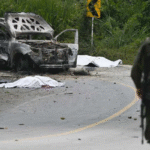


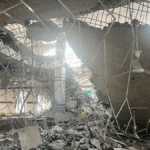



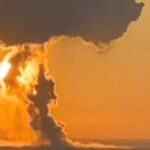


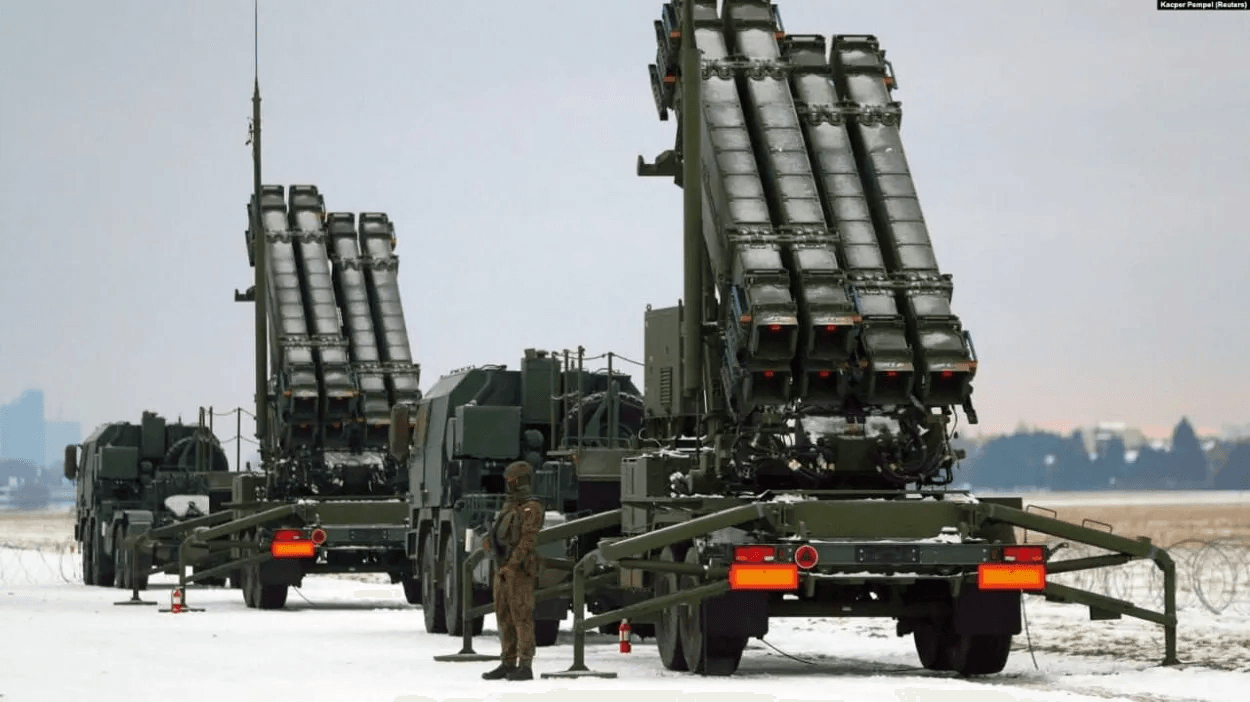
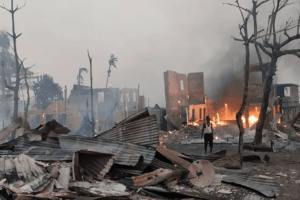

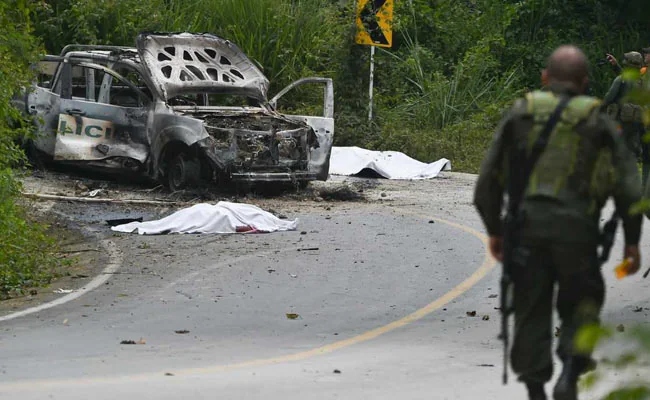

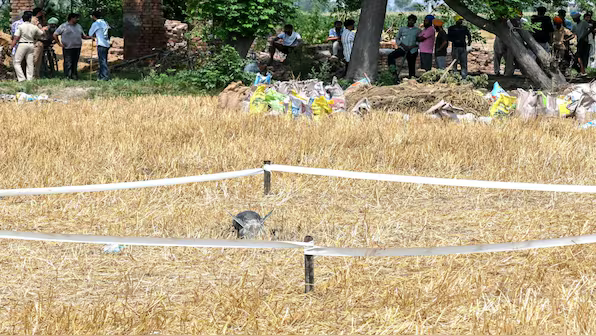
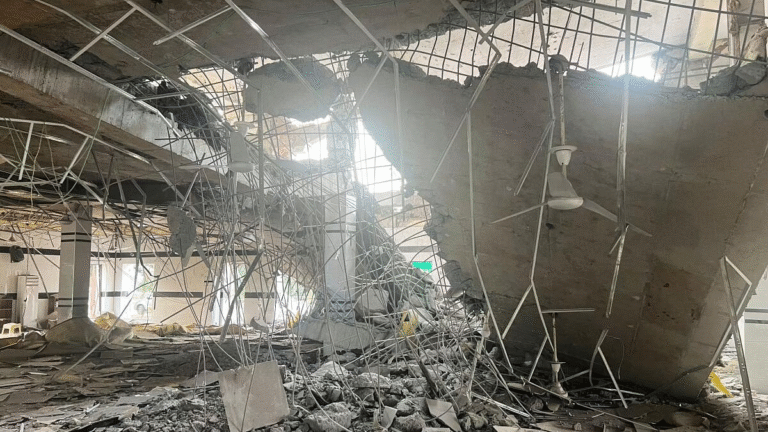
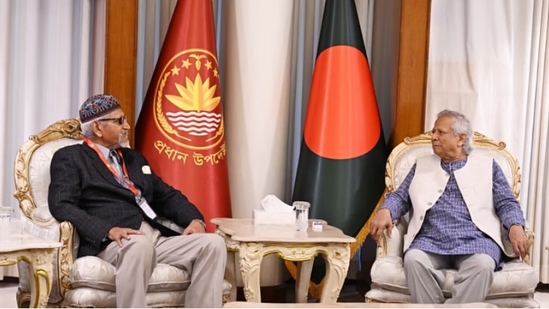

One thought on “Taiwan on High Alert: 5 Key Questions About the Chinese Military Presence Near Its Territory”